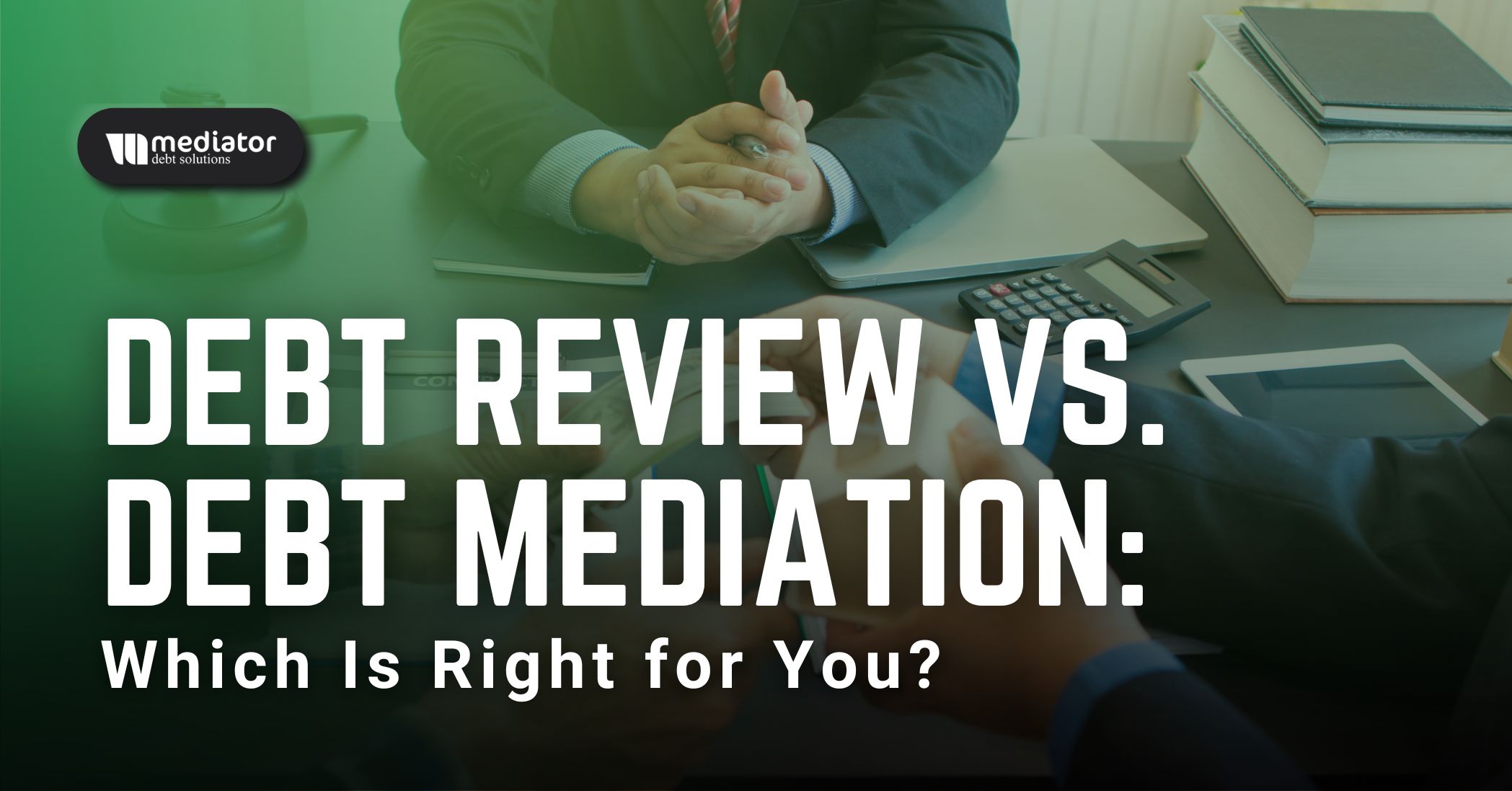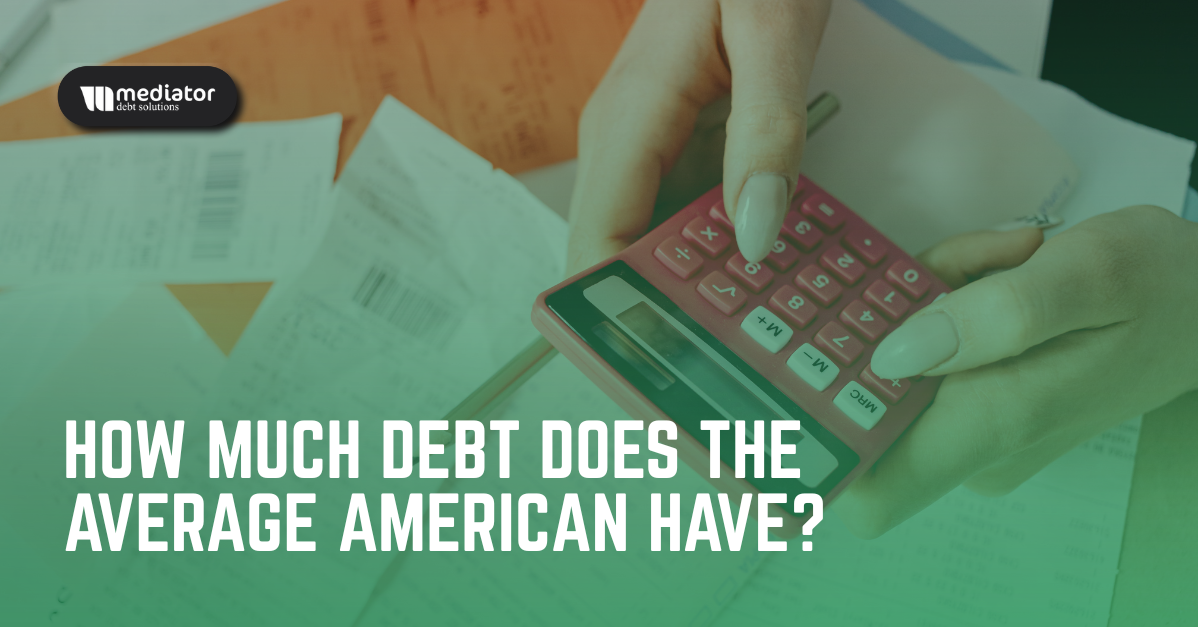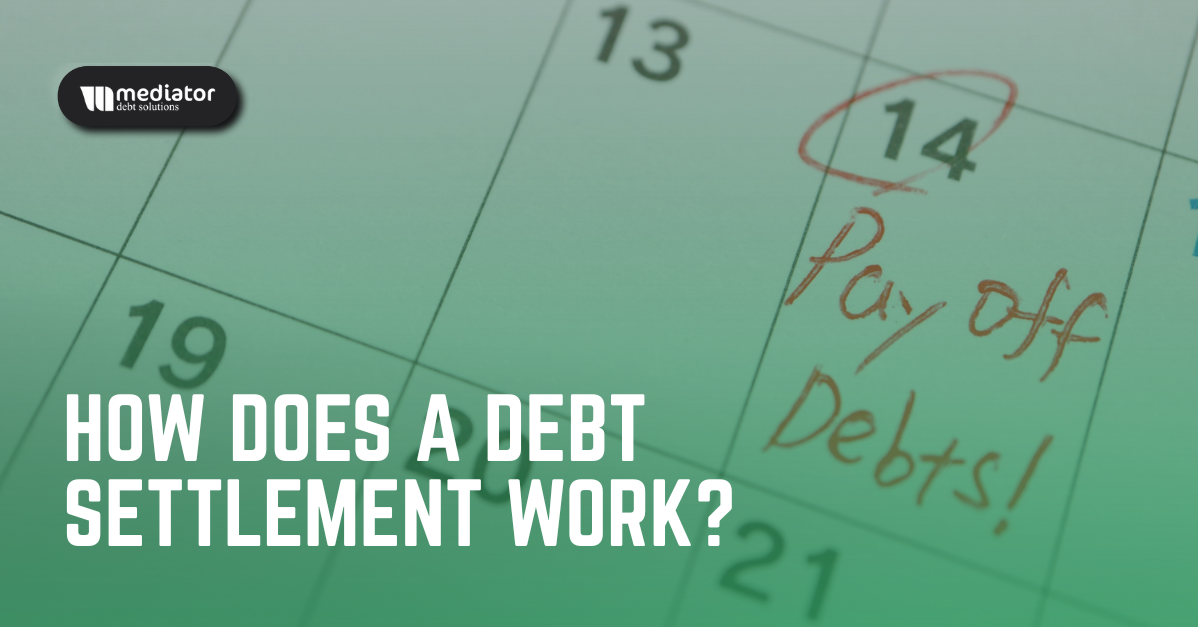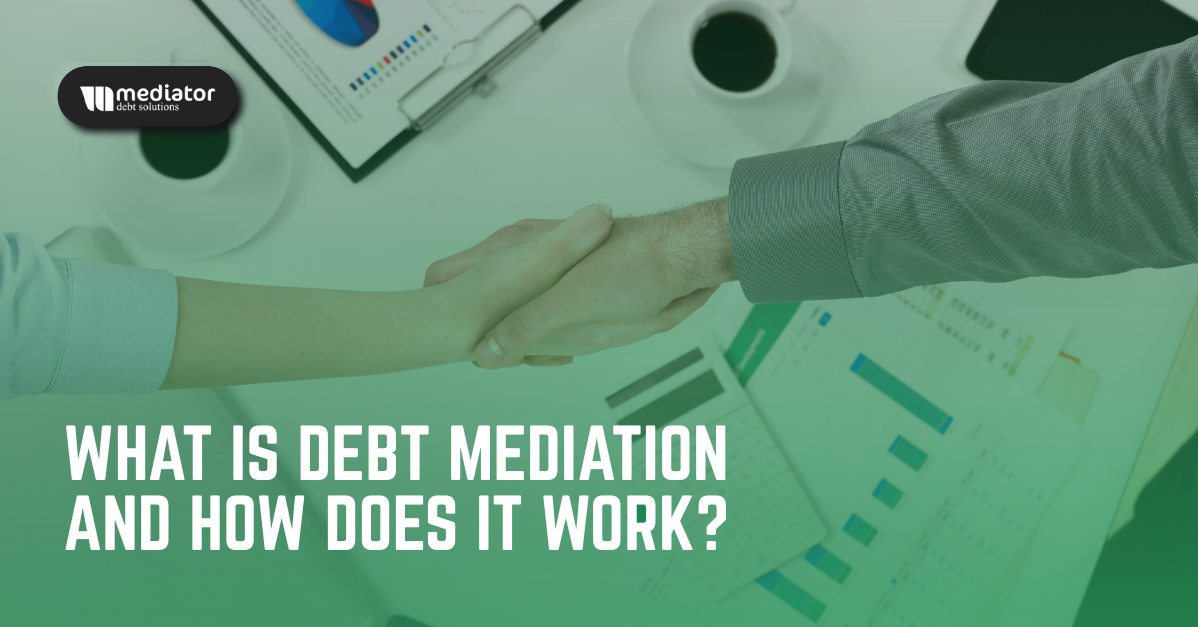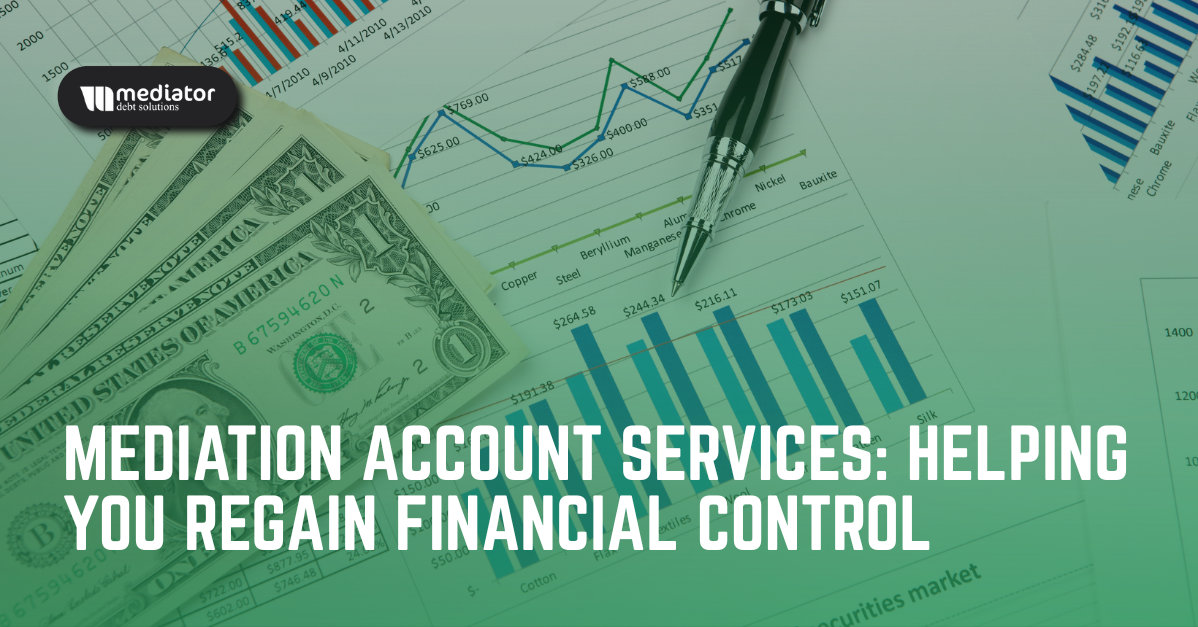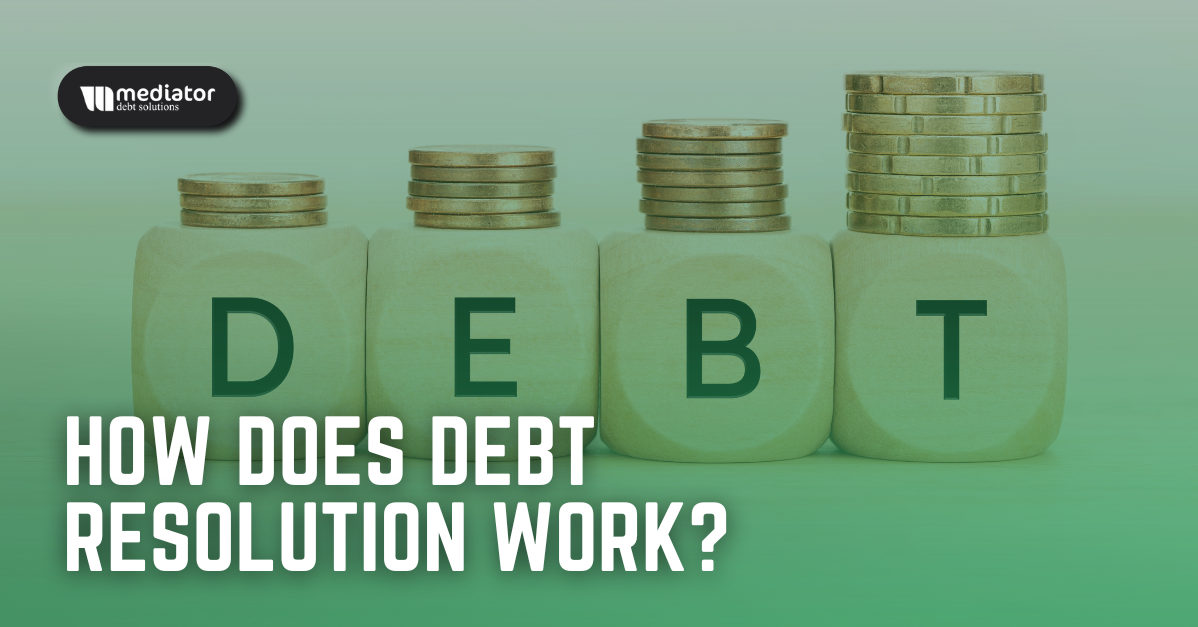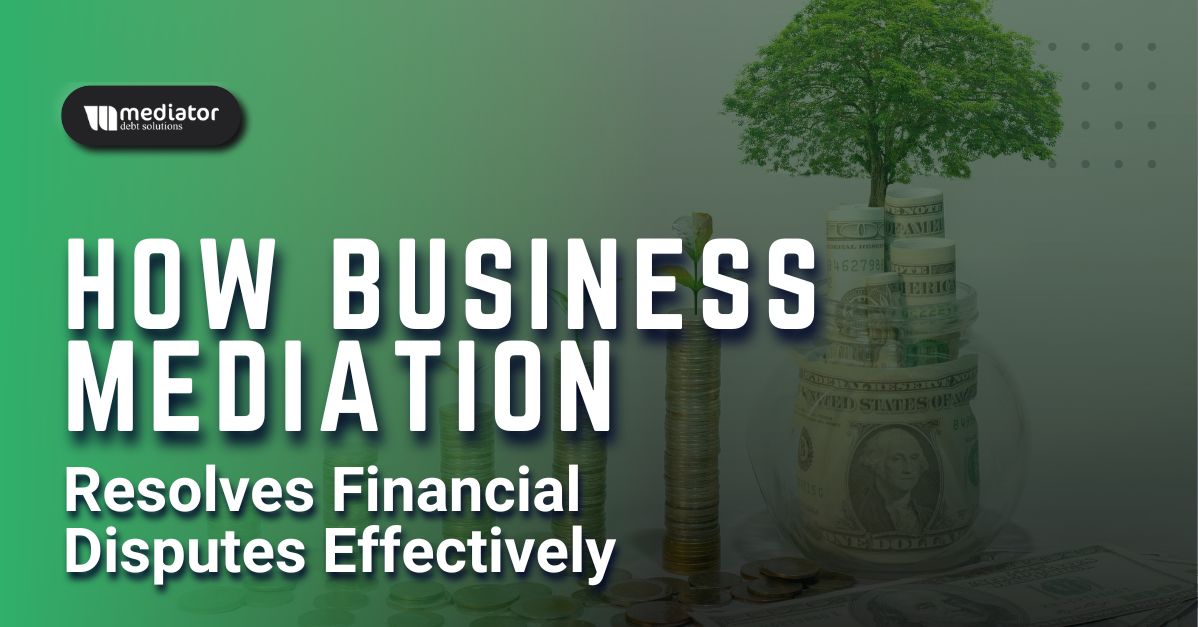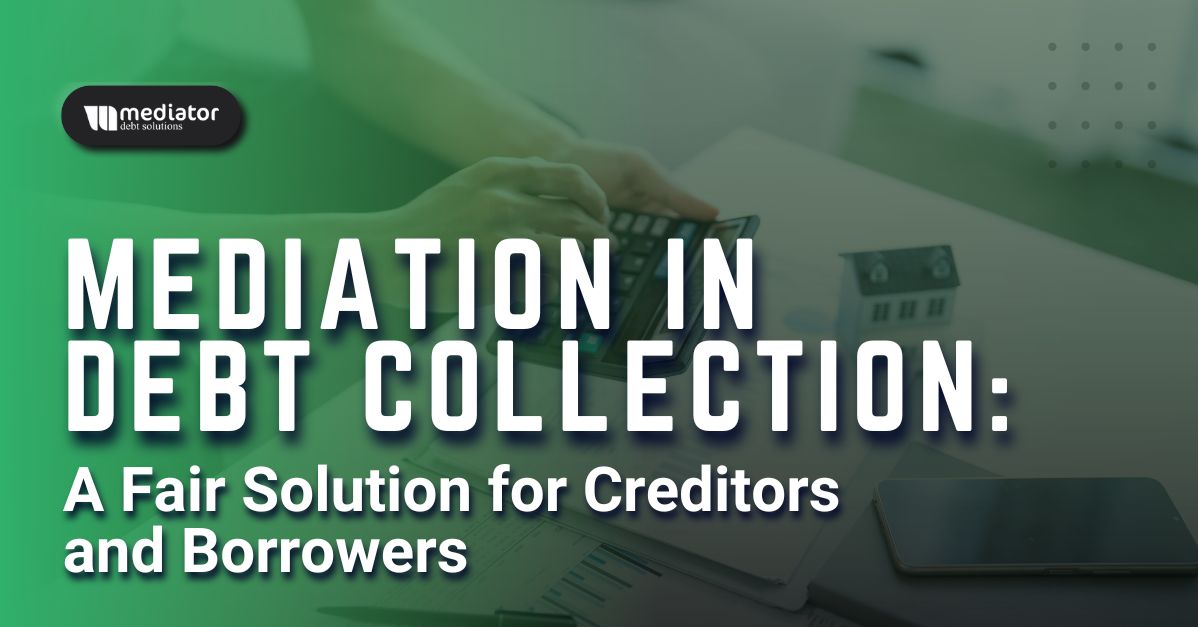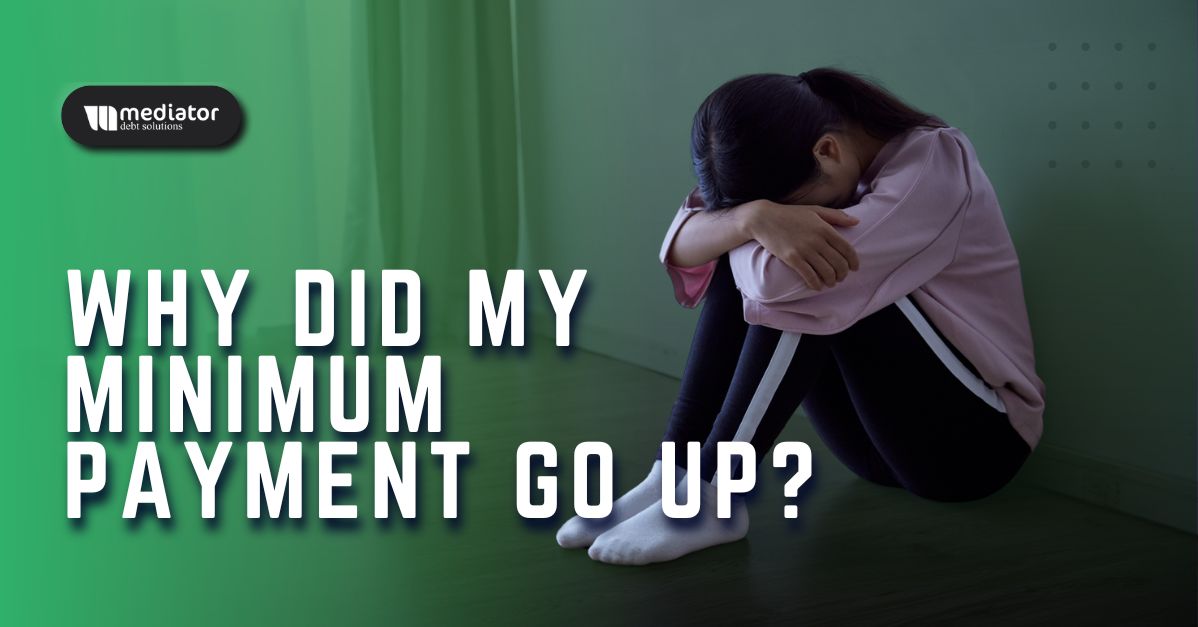Ever heard the terms “debt review” and “debt mediation”? Maybe they aren’t so popular here in America as they are terms mostly used in South Africa. But, knowing the difference between each of them can really help you make an informed decision whether you should trust debt review or debt mediation. What sets them apart? And which one is best for your financial situation?
By the end, you’ll have a clearer understanding of which option could be the right fit for you!
What is Debt Review?
Debt review is a legal option for people facing overwhelming debt and struggling to meet monthly commitments. It involves working with a debt counselor who negotiates payment arrangements with creditors on your behalf. The goal is to lower monthly payments to a more manageable amount. Under debt review, you make one reduced monthly payment to a payment distribution agency, which then distributes funds to all your creditors.
Debt review requires obtaining a court order, providing a final layer of protection against creditors. This court order mandates creditors to adhere to the agreed-upon restructuring of accounts and prevents them from pursuing legal action as long as reduced payments are made as per the court order.
Debt review is ideal for individuals who still earn a monthly income but find it challenging to meet living expenses due to debt payments. It’s suitable if you don’t have any legal judgments against you or are not blacklisted by creditors. Opting for debt review can help you save on monthly debt payments and regain control of your financial situation.
What is Debt Mediation?
Debt mediation, also known as debt settlement, simplifies negotiating lower debt settlements with the individuals or entities you owe. Despite its complex-sounding definition, the process is straightforward. When faced with an inability to pay off your full debt immediately, setting up a payment plan benefits both parties. Especially during financial hardship, negotiating a lower overall settlement amount becomes mutually beneficial.
During debt mediation, you may meet directly with the entity you owe or a mediator to seek agreement outside of court. If negotiations fail, the matter may proceed to a courtroom. Reasons for considering debt mediation include struggling to meet monthly repayments, fearing falling behind, or disputing debt amounts or repayment terms.
Crucially, debt mediation ensures confidentiality during negotiations, providing peace of mind amidst the process.
Which Is The Best Option For You?
As we said in the beginning, each person will make their own decision based on what kind of debt they have, how long they are willing to wait in order to pay it off and how much they have in order to start paying their debt.
Which debt relief solution is the one for you?

